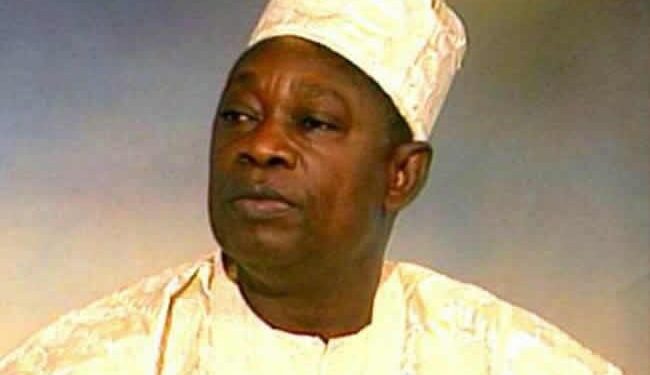Former military president, General Ibrahim Babangida (retd.), has acknowledged that the late Chief MKO Abiola won the June 12, 1993, presidential election but described its annulment as the most difficult decision of his career.
Babangida made this revelation in his newly launched autobiography, A Journey in Service, unveiled in Abuja on Thursday.
At the book review event, former Vice President Yemi Osinbajo highlighted Babangida’s admission that Abiola, who ran under the Social Democratic Party (SDP), met all constitutional requirements, including securing the majority of votes and the necessary geographical spread, to be declared Nigeria’s president.
“There was no doubt in my mind; MKO Abiola won the election. He satisfied all the requirements,” Babangida reportedly stated.
Despite recognizing the legitimacy of the election, Babangida defended his administration’s controversial decision to annul the results, citing national security concerns. He admitted, however, that if given another chance, he would have handled the situation differently.
Reflecting on the aftermath, Babangida expressed some relief that former President Muhammadu Buhari posthumously honored Abiola with the Grand Commander of the Federal Republic (GCFR) title, a recognition reserved for Nigerian presidents.
His book also delves into other significant moments in Nigeria’s history, including the 1976 coup that led to the assassination of then-Head of State, Murtala Muhammed, and the 1986 letter bomb that killed investigative journalist Dele Giwa.
On the June 12 annulment, Babangida admitted it was a moment of deep regret.
“The irony of history is that the administration that designed a near-perfect electoral system and conducted an almost flawless election could not complete the process. That accident of history remains most regrettable,” he said.
He further acknowledged his full responsibility for all decisions taken under his military government, stating:
“As a leader, I accept the mistakes, oversights, and missteps that happened in quick succession. But every decision we made was in the supreme national interest—to ensure Nigeria’s survival.”
























